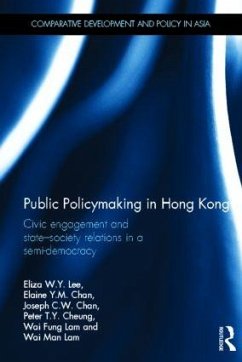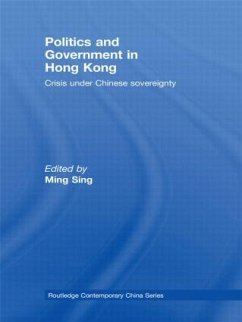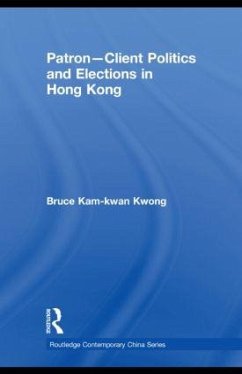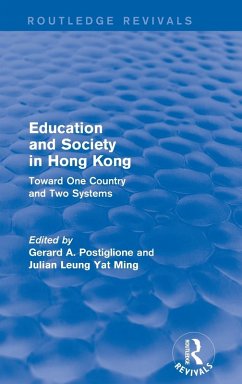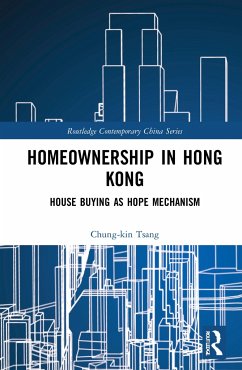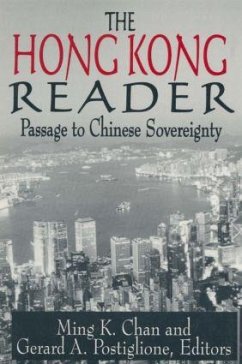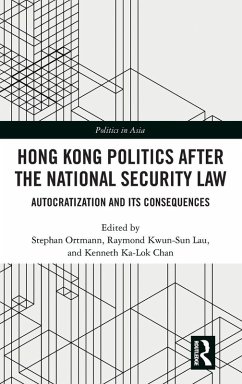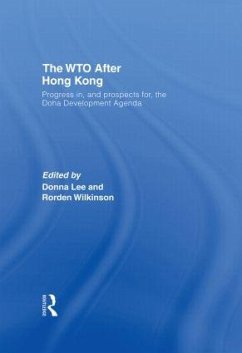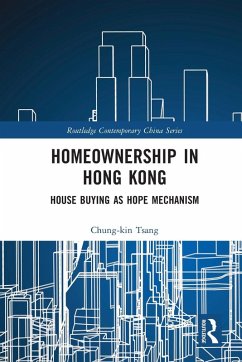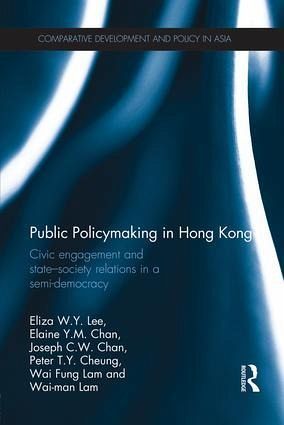
Public Policymaking in Hong Kong
Civic Engagement and State-Society Relations in a Semi-Democracy
Versandkostenfrei!
Versandfertig in 1-2 Wochen
54,99 €
inkl. MwSt.
Weitere Ausgaben:

PAYBACK Punkte
27 °P sammeln!
This book discusses civic engagement and public policymaking in postcolonial Hong Kong. Utilizing case studies of citizens' advisory committees involving four policy areas - urban planning, social welfare policy, environmental protection, and arts and culture policy - it examines the interaction between the state and civil society, and explores how far the state opens up its policy process for citizens' participation.





